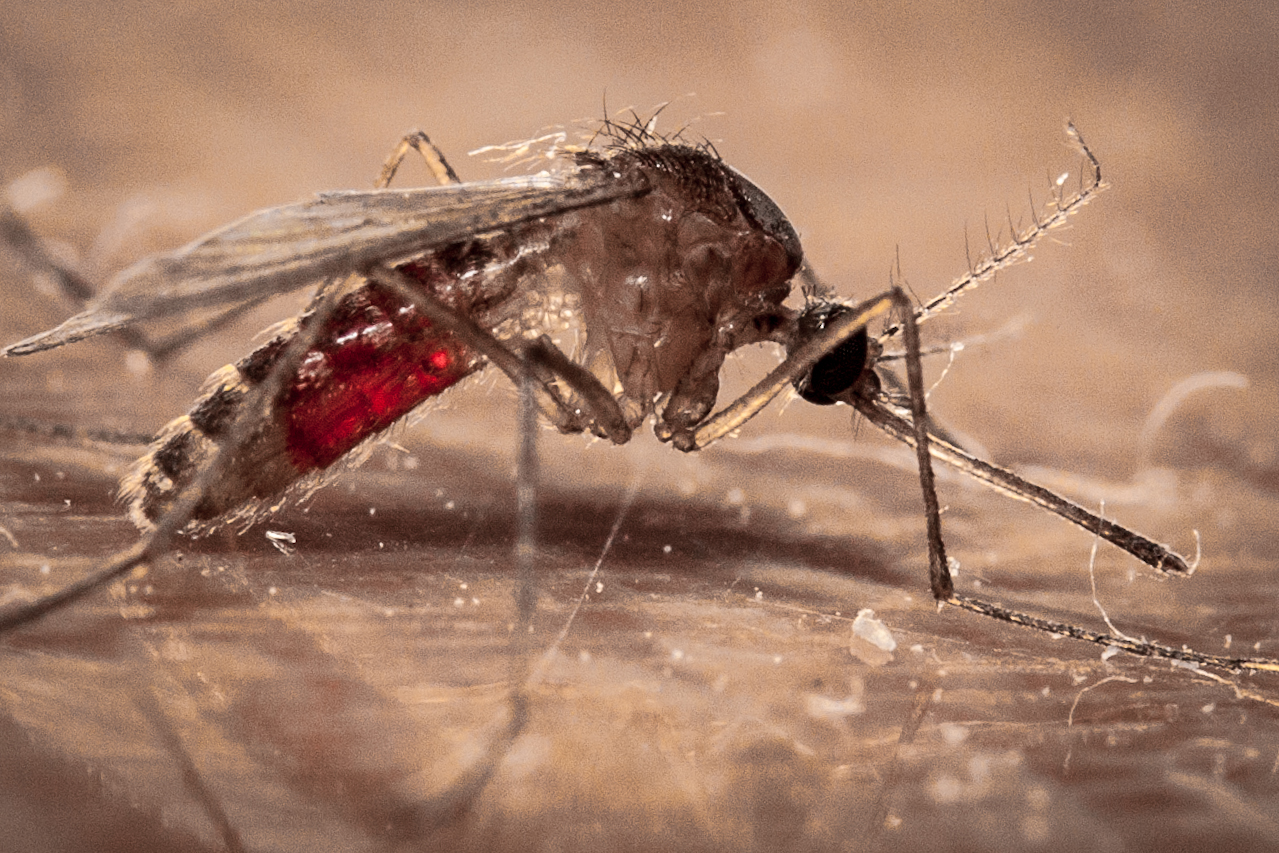
The Zika Virus Bill
Last month, the U.S. House of Representatives passed a bill that would provide $622 million to fight Zika virus, which some believe may be associated with suspected cases of the birth defect microcephaly. That money was intended to get U.S. health agencies through the end of September.
Now the House has passed a $1.1 billion Zika funding bill, which still falls short of the $1.9 billion the White House had called for. Of the hefty sum, $230 million would go to the National Institutes of Health (NIH) to help with vaccine development.
July 5, 2016 | Source: Mercola | by Dr. Joseph Mercola
Last month, the U.S. House of Representatives passed a bill that would provide $622 million to fight Zika virus, which some believe may be associated with suspected cases of the birth defect microcephaly. That money was intended to get U.S. health agencies through the end of September.1
Now the House has passed a $1.1 billion Zika funding bill, which still falls short of the $1.9 billion the White House had called for. Of the hefty sum, $230 million would go to the National Institutes of Health (NIH) to help with vaccine development.
Another $476 million would go to the U.S. Centers for Disease Control and Prevention (CDC) for mosquito control and “readiness and response activities,” while $85 million would go to the Biomedical Advanced Research and Development Authority (BARDA) for the development of rapid diagnostic tests, STAT News reported.2
The money would be further divided among the State Department and the U.S. Agency for International Development (USAID), which would get $175 million for mosquito control.
The bill, which still needs to be approved by the Senate, has been heavily criticized not only because of spending cuts being used for the bill’s funding, but also because it contains a number of additional controversial policy changes.
Zika Bill Paves the Way for Unchecked Pesticide Spraying
A Clean Water Act permit is generally required to spray pesticides in areas where they might end up in water. The permit is intended to keep the toxic chemicals from contaminating water, but now the Zika virus has been used as an excuse to do away with this common-sense precaution.
A rider inserted into the bill would allow pesticides to be sprayed over ditches, streams and other waterways protected by the Clean Water Act for a period of 180 days, with no permit required whatsoever.3
Critics argued the bill would do little to help fight Zika virus, since mosquito control agencies already have authority to apply pesticides in emergency situations to prevent the spread of infectious disease without applying for permits.
Opponents say the bill has nothing to do with combating Zika and, instead, has been on the table for years, with the majority pushing for its passage “under whatever name” was convenient at the time.4
Politico reported, “ … opponents … point out that the country’s waterways are heavily burdened by pesticide runoff, and say the permitting regime doesn’t impede necessary mosquito control.”5
